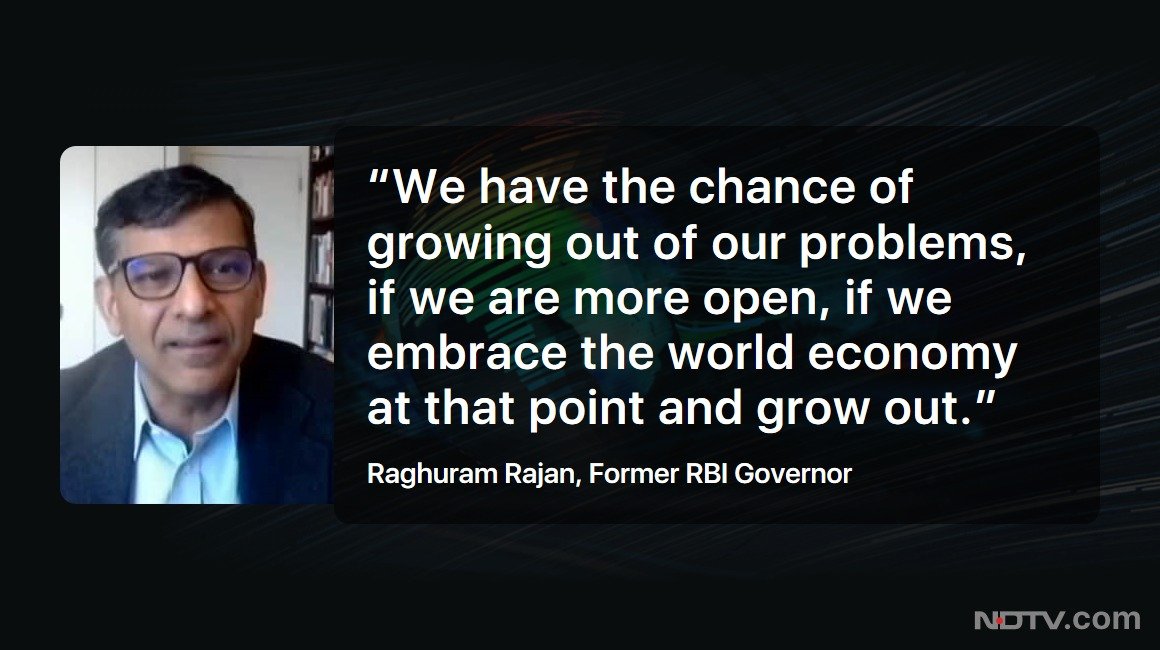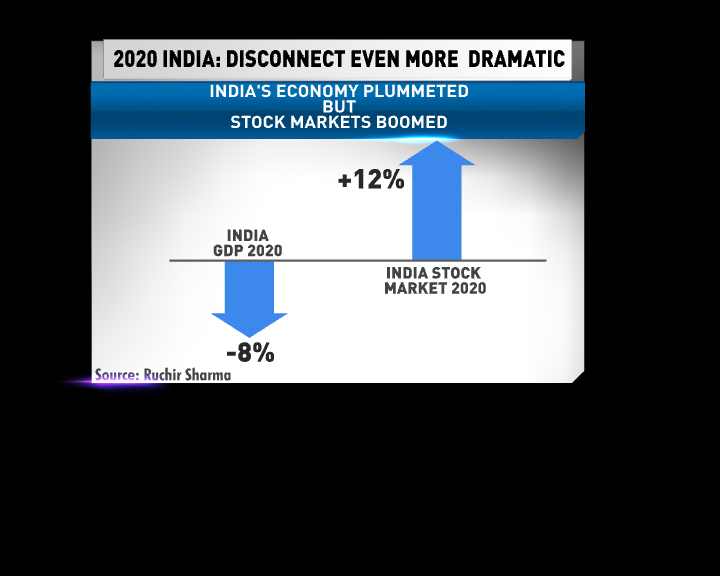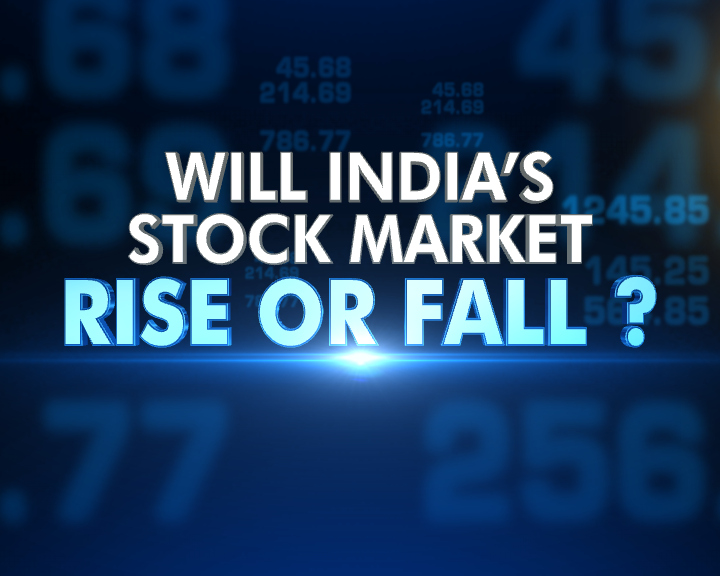In the third Town Hall of our four-part series, Prannoy Roy discusses what's next for India, in a bounce back that has been forecast for our economy, with Raghuram Rajan and Kaushik Basu as well as Paul Milgrom, Michael Kremer and Abhijit Banerjee. The panel will take a look at the importance and the future of democracy, both across the world and in India, and how it connects to the health of our economy.
Here are the highlights of Prannoy Roy's show:
#NDTVTownhall | Michael Kremer, Winner, Nobel Prize 2019, on #COVIDVaccination pic.twitter.com/nM8hgVciFv
- NDTV (@ndtv) March 5, 2021
#NDTVTownhall | "Our analysis suggests that it's worth it for even the lowest income countries to purchase vaccines": Prof Michael Kremer, Winner, Nobel Prize 2019, on the need for vaccines in low-income countries pic.twitter.com/amM5zkhCAo
- NDTV (@ndtv) March 5, 2021
#NDTVTownhall | Paul Milgrom, Winner, Nobel Prize 2020, on pandemic assets pic.twitter.com/SrCExYCf35
- NDTV (@ndtv) March 5, 2021
#NDTVTownhall | Abhijit Banerjee Winner, Nobel Prize 2019, on the repercussion of lockdown pic.twitter.com/anuHDwRU3w
- NDTV (@ndtv) March 5, 2021
#NDTVTownhall | 2020 Nobel Prize Winner Prof Paul Milgrom shares his view on the cryptocurrency phenomenon pic.twitter.com/ShwBLG4j3P
- NDTV (@ndtv) March 5, 2021
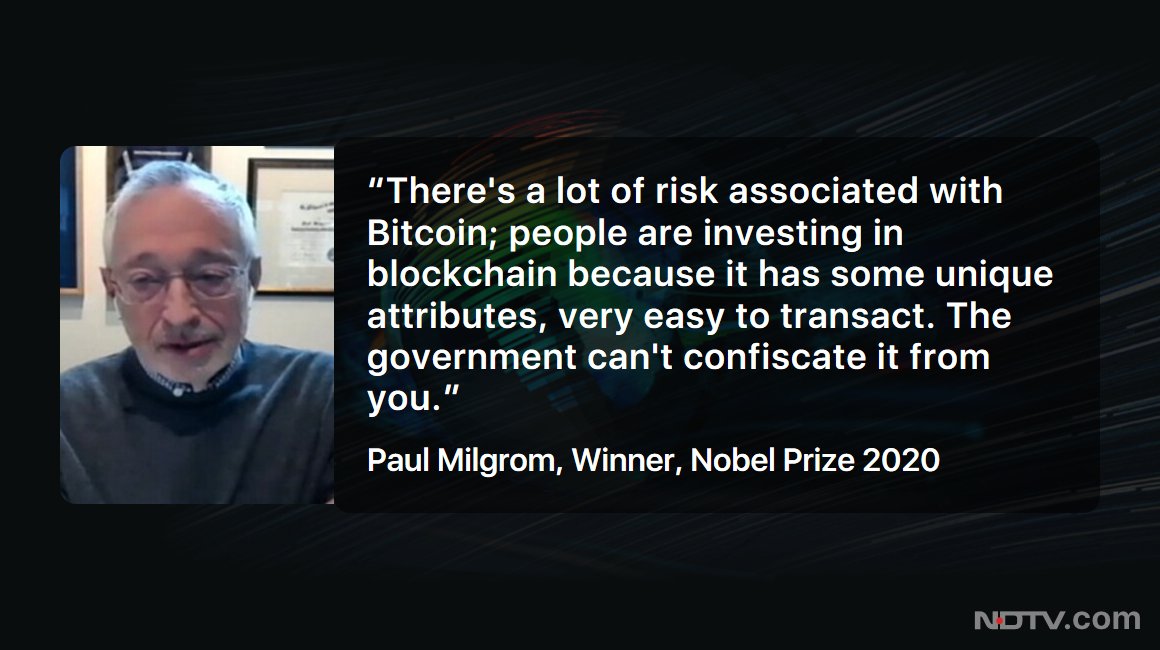
#NDTVTownhall | Prof Kaushik Basu, Former Chief Economic Adviser, on the global trend of democratic values and norms being eroded pic.twitter.com/czgQbxbgnj
- NDTV (@ndtv) March 5, 2021
#NDTVTownhall | "India has invested a lot in building a country where you feel a common identity, just by virtue of being in the country. That was the common identity and that is getting eroded": Prof Kaushik Basu, Former Chief Economic Adviser pic.twitter.com/oqj1xq7HZk
- NDTV (@ndtv) March 5, 2021
"India has invested a lot, some will say too prematurely, in building a country where you feel a common identity, just by virtue of being in the country. That was the common identity. That is getting eroded. And, I cannot be completely sure about this. But I'm completely sure that the growth has crashed in a way that no one had expected. There has to be causes for that. And my feeling is, the politics has become so divisive," says Prof Kaushik Basu, Former Chief Economic Adviser.
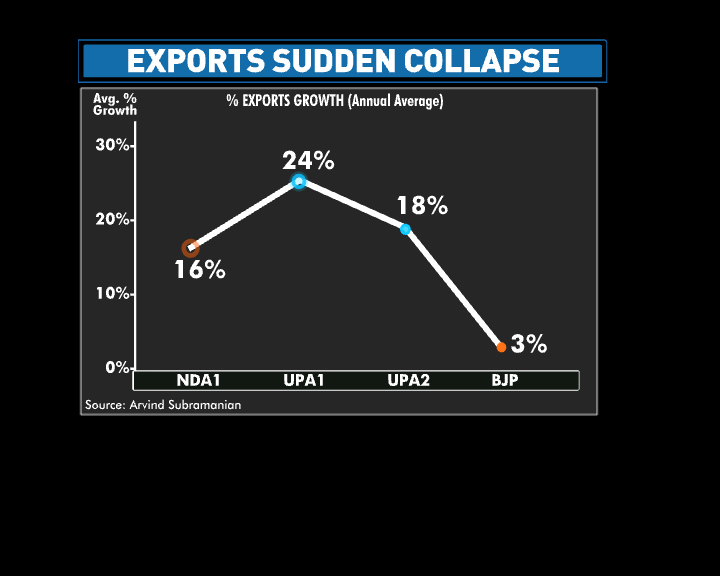
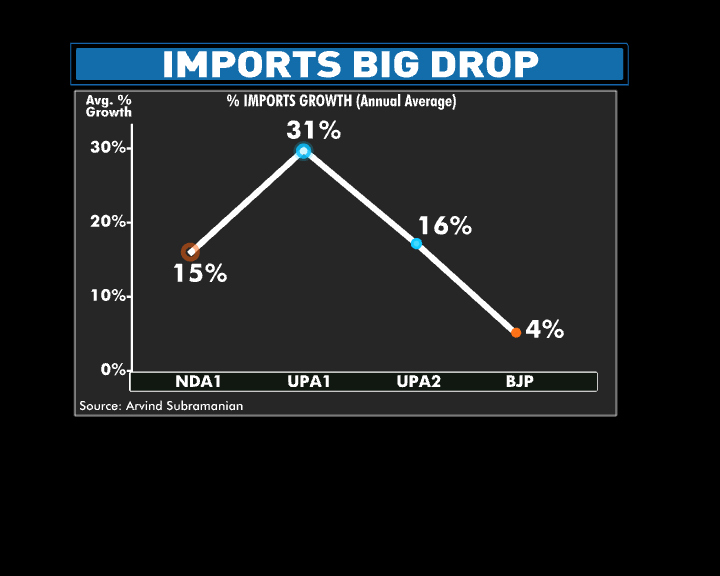
#NDTVTownhall | Paul Milgrom, Winner, Nobel Prize 2020, on Bitcoin pic.twitter.com/w1i0em7dWM
- NDTV (@ndtv) March 5, 2021
#NDTVTownhall | "A lot of R&D is being done in India today. Many international companies have R&D centers in India, all that requires free debate and free speech. That's where we score over China": Prof Raghuram Rajan, Former RBI Governor pic.twitter.com/PnIawyjbE9
- NDTV (@ndtv) March 5, 2021
#NDTVTownhall | Prof Abhijit Banerjee, Winner, Nobel Prize 2019, on the impact of the pandemic-induced lockdown on migrants pic.twitter.com/92mk0YNFHL
- NDTV (@ndtv) March 5, 2021
#NDTVTownhall | 2020: The great disconnect pic.twitter.com/GH43bua5ec
- NDTV (@ndtv) March 5, 2021
#NDTVTownhall | "The sooner we can vaccinate everyone, the faster we can end the pandemic": Prof Michael Kremer, Winner, Nobel Prize 2019 pic.twitter.com/7q7fXSX2ao
- NDTV (@ndtv) March 5, 2021
#NDTVTownhall | Prof Paul Milgrom, Winner, Nobel Prize 2020, on the contrast between plummeting economy and a rising stock market in India pic.twitter.com/qsdyPFGbWm
- NDTV (@ndtv) March 5, 2021
#NDTVTownhall | Prof Raghuram Rajan, Former RBI Governor, on Biden administration's $1.9 trillion economic package's impact on India pic.twitter.com/EbhP4mT2Zk
- NDTV (@ndtv) March 5, 2021

